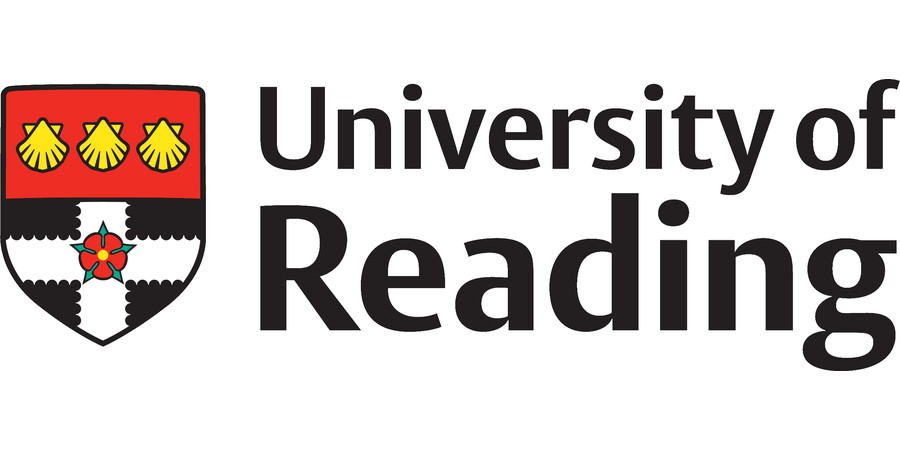PhD Studentship: Patterns of Diversification and Island Colonization of the Bulb Autonoe in Macaronesia
University of Reading
| Qualification Type: | PhD |
|---|---|
| Location: | Reading |
| Funding amount: | £16.43 per hour |
| Hours: | Full Time, Part Time |
| Placed On: | 22nd May 2025 |
|---|---|
| Closes: | 20th June 2025 |
Supervisor details:
Lead Supervisor
Alastair Culham, a.culham@reading.ac.uk, University of Reading
Co-supervisors
Hannah Hall, hannah.hall@pgr.reading.ac.uk, University of Reading
Project description:
Autonoe (Asparagaceae) are distinctive purple flowered bulbs (geophytes) from the Canary Islands and Madeira. Three species are often recognised but nothing is known about the patterns of spread and diversification across these islands. This is in contrast to the study of many woody and herbaceous plant groups there. Geophytism is expected to lead to differing responses to climate change than evergreen and most herbaceous plants so the understanding of this diversification is crucial. Working with a team from Spain (led by Prof. Mario Martínez Azorín, Alicante) and the UK you will generate DNA sequences, analyse those data using Bayesian, Maximum Likelihood and coalescence approaches, and build matrices of geolocation and morphological data. The work will be alongside others working on related plant groups and using similar techniques. Ultimately you will help synthesise molecular and other datasets to gain an understanding of how Autonoe have spread and evolved in relation to climate and edaphic conditions in this island group. Plant material is already available so the focus is on laboratory and computing techniques. During the placement you will be taught DNA extraction, DNA data handling, gathering and coding morphological and geospatial data. You will be encouraged to collaborate in writing the publication arising from this work.
Student profile:
The applicant must be meticulous, enthusiastic about computer data analysis and willing to learn. Laboratory training will be provided but a steady hand is needed for accurate small volume pipetting. You will be working in a team and expected to interact in a polite and professional manner.
Support:
You will work with a PDRA alongside PhD students and overseen by an experienced academic. The group work in the broader Ecology and Evolutionary Biology group of 50 PhD students, 7 PDRAs and 24 academic staff. We are a friendly a social group and interact frequently on academic and non-academic matters.
Feasibility:
You will use established lab and computing protocols known to work with similar plants. Training will be provided as needed and some degree of flexible working is expected to permit this. Data gathering and analysis will be done during, and a collaborative manuscript written following, the placement.
Scope for initiative:
DNA data must be generated and analysed following established lab protocols however there is scope for great flexibility in generating the morphological and geospatial datasets. There will be challenges to data discovery and comparison from differing sources.
Remote Working:
Is this project suitable for remote working? No
Remote working details: This requires physical presence in the lab
Flexibility:
Is it possible to do this project part-time? Yes – there will be times when this is possible
How to apply:
Apply online via the above ‘Apply’ button.
Advert information
Type / Role:
Subject Area(s):
Location(s):









